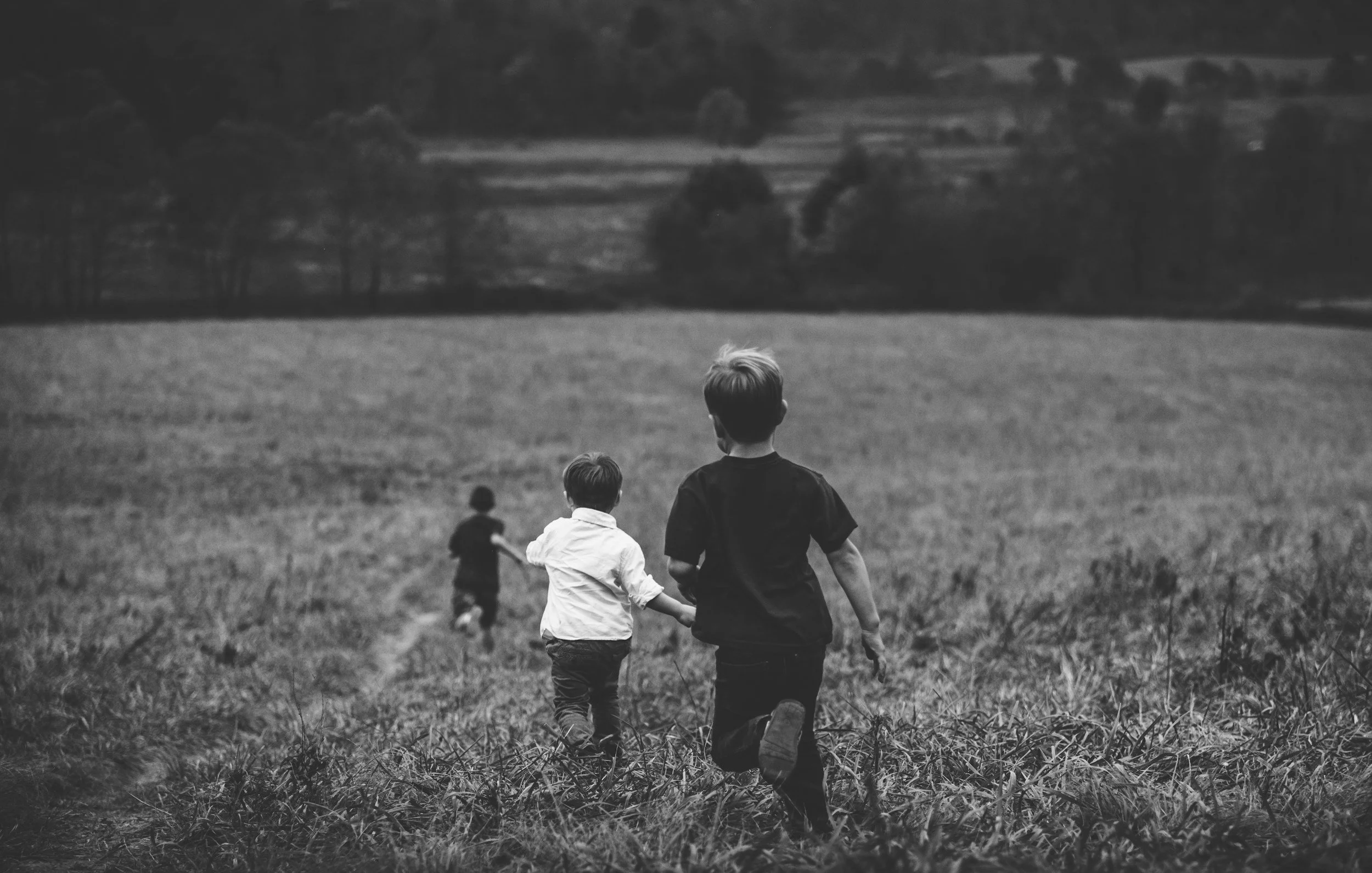The experiences we have in childhood, especially trauma or neglect, don’t just fade with time. Childhood trauma can shape adult identity, relationships, and emotional health. If you grew up in an unsafe, neglectful, or emotionally unpredictable environment, those early adaptations may still be with you. This is not because you’re broken, but because you found ways to survive.
You might have told yourself or internalised messages that minimise or dismiss what we went through. This includes messages like, “It wasn’t that bad,” or “You’re being too sensitive.” These are ways you try to make sense of pain that was not recognised or supported when it happened.
The truth is that when we are young we do whatever we can to feel safe, loved or in control. The coping strategies we develop, even the ones that feel automatic now, began as responses to distress. They were not reflections of who we truly are. Over time, they can become deeply embedded in our sense of self.
Whether you’ve living with these effects or trying to understand someone you care about, exploring how childhood trauma shapes adult identity is a powerful and compassionate step toward healing.
How Childhood Trauma Shapes Coping and Identity
When your environment as a child feels unpredictable or unsafe, you adapt quickly and quietly. These behaviours are instinctive and protective responses, not chosen.
You might have:
Become hyper-independent to avoid relying on others
Taken on adult responsibilities far too soon
Learned to people-please to avoid conflict or keep the peace
Shut down emotionally to avoid being hurt
At the time, these actions helped you get through and navigate your overwhelming world. But when coping with childhood trauma in adulthood, these same patterns can keep us disconnected or exhausted. What once protected us can begin to limit us.
Childhood Trauma and the Loss of True Self
In unsafe or emotionally unpredictable environments, it often feels unsafe to fully be yourself. You may have started to hide certain parts of who you are to avoid rejection or criticism. That might mean:
Hiding your emotions to avoid being punished or rejected
Being overly agreeable or invisible to keep others happy
Disconnecting from your own needs or preferences to avoid disappointment
Without the freedom to explore and express who you truly are, parts of your personality can stay hidden or underdeveloped. Later in life, this might show up as feeling unsure of who you really are. You might struggle to make decisions or feel emotionally disconnected from yourself.
A Distorted Sense of Self-Worth
When love or safety felt conditional growing up, you may have come to believe that your worth needed to be earned. You might have looked to achievement or approval as ways to feel “good enough” causing an impact on identity.
This can look like:
Tying your self-worth to success or how others perceive you
Struggling with chronic self-criticism or perfectionism
Feeling unworthy unless you are always achieving or doing
As adults, you might push yourself relentlessly. Rest might bring guilt. Even small mistakes can feel intolerable. Slowing down or showing yourself kindness may feel unfamiliar or even impossible.
Difficulty Regulating Emotions
Children need consistent and supportive caregivers to help them learn how to manage strong emotions. If that support was not there, you may have grown up without the tools to appropriately handle emotional stress.
This can show up in adulthood as:
Being easily overwhelmed or reactive
Feeling anxious or on edge much of the time
Shutting down emotionally or numbing out completely
These emotional patterns often persist for years. The childhood emotional neglect and identity issues can impact your relationships and ability to cope with everyday challenges as an adult.
Effects of Childhood Trauma on Adult Relationships
When early relationships are unsafe or unpredictable, it can become difficult to trust others or feel secure in closeness. As adults, this might show up in many ways, such as:
Avoiding intimacy or finding it hard to stay emotionally present
Depending heavily on others for reassurance or identity
Struggling to respect or set healthy boundaries
Fearing abandonment or rejection, even in safe relationships
Even when someone genuinely cares about you, it can feel hard to believe they are truly safe or reliable. These early relational wounds can continue to show up in both personal and professional relationships.
Trauma May Shape You, But It Doesn’t Define You
If these patterns sound familiar, know that you are not alone. Many of us who have experienced ongoing or repeated adversity in childhood go on to develop symptoms of Complex PTSD (c-PTSD). While these experiences may have shaped how we learned to cope, they don’t have to define who we become. With the right support, it’s possible to:
Understand and process the impact of trauma
Reconnect with the parts of yourself that were hidden
Build healthier relationships and boundaries
Strengthen your sense of identity and self-worth
Learn to manage strong emotions in healthy ways
Trauma-informed therapies for adults, including Eye Movement Desensitisation and Reprocessing (EMDR), Compassion-Focused Therapy (CFT), and psychodynamic therapy can help you process childhood trauma and its impacts. A therapist trained in these approaches can help you process these experiences safely and gently at your own pace. They can help you move from surviving to living more fully.
Your early story shaped you, but it does not have to define your future. Your story is still unfolding and healing is possible. You don’t have to do it alone.
Ready to take the next step?
If you’re coping with childhood trauma and its effects on adult identity or relationships, our therapists can help you heal. Our experienced, compassionate therapists can support you in working through past trauma and reconnecting with your true self. Get in touch for a confidential consultation.
We're here when you're ready.






